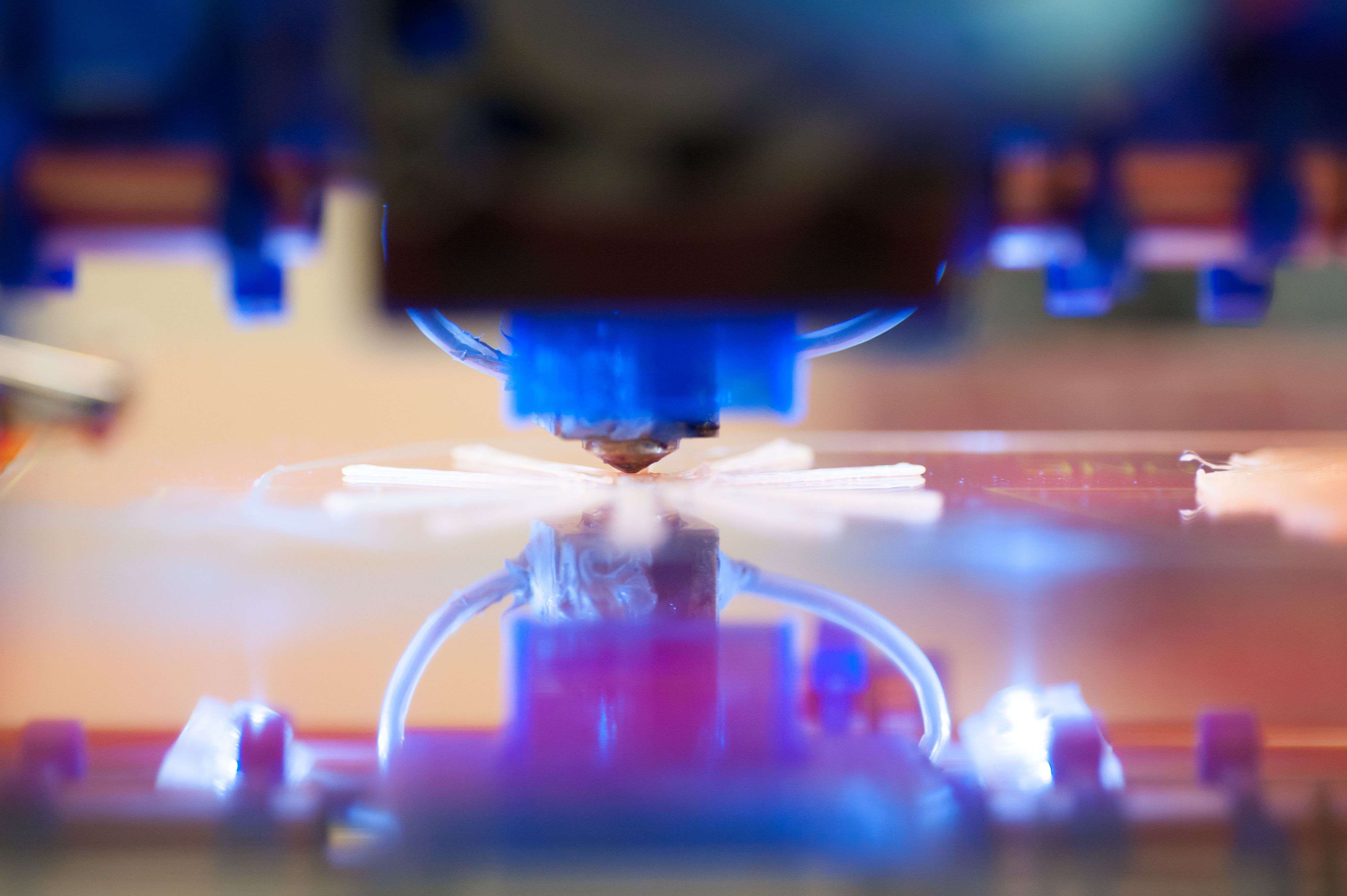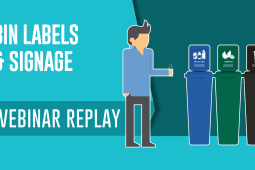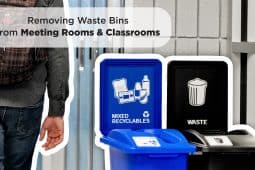The ProtoCycler – A Beautiful Merging of Sustainability & 3D Printing
3D printing has been creating a lot of buzz over the past few years and what once seemed like technology imagined by science fiction writers has actually become a reality.
The use of 3D printers has the potential to be a game-changer for the manufacturing industry.
3D Printing – What Sorcery is this?
For those of us who are still waiting patiently for inventions from science fiction to become a reality (ahem, more flying cars and less blankets with sleeves, please) 3D Printing does a fantastic job at satiating that desire.
Guitars, prosthetics, tiny furniture, even airplane parts can be manufactured using 3D printing. The possibilities are pretty much endless and limited only by a person’s imagination.
Where does sustainability come in?
Since 3D printing is fairly new, there’s a lot of trial and error that can create an abundance of waste. The plastic commonly used, Acrylonitrile-butadiene-styrene (ABS) and Polylactic Acid (PLA), is often unmarked and, if discarded, is impossible for recycling depots to properly sort, so off to the landfill it goes.
Students at the University of British Columbia took notice of this problem. Mistaken prints are common and create a lot of plastic waste doomed for the dump. Dennon Oosterman, Alex Kay and David Joyce of UBC were inspired to create a plastic recycler that would take plastic waste and turn it into the plastic filament needed for 3D printing.
They received over $100,000 in financial backing from a student entrepreneurship award and a successful Indiegogo campaign, calling their newly invented green tech the ProtoCycler.
Compared to other filament extractors in the industry, the ProtoCycler is the safest, most user-friendly and affordable unit you can find on the market.
With the ability to take discarded plastic, even unwanted or mistaken prints, grind it down, melt it down and spool the resulting filament for you, the ProtoCycler really closes the recycling loop on plastic waste in the 3D printing industry.
If implemented on a grander scale we could eventually be wearing clothes, sitting in airplanes, or living in houses made from recycled plastic.
The future of 3D printing looks to be a bright and sustainable one.
Sources
http://www.vancourier.com/news/ubc-students-tackle-plastic-recycling-1.1790780
http://blog.drupa.com/3d-printing-at-home-could-be-a-green-and-socially-responsible-choice/
http://www.vancourier.com/news/ubc-students-tackle-plastic-recycling-1.1790780
http://www.businessinsider.com/boeing-uses-3d-printers-for-airplane-parts-2013-6






